1. The A-Team Sends the Gang to Outer Space
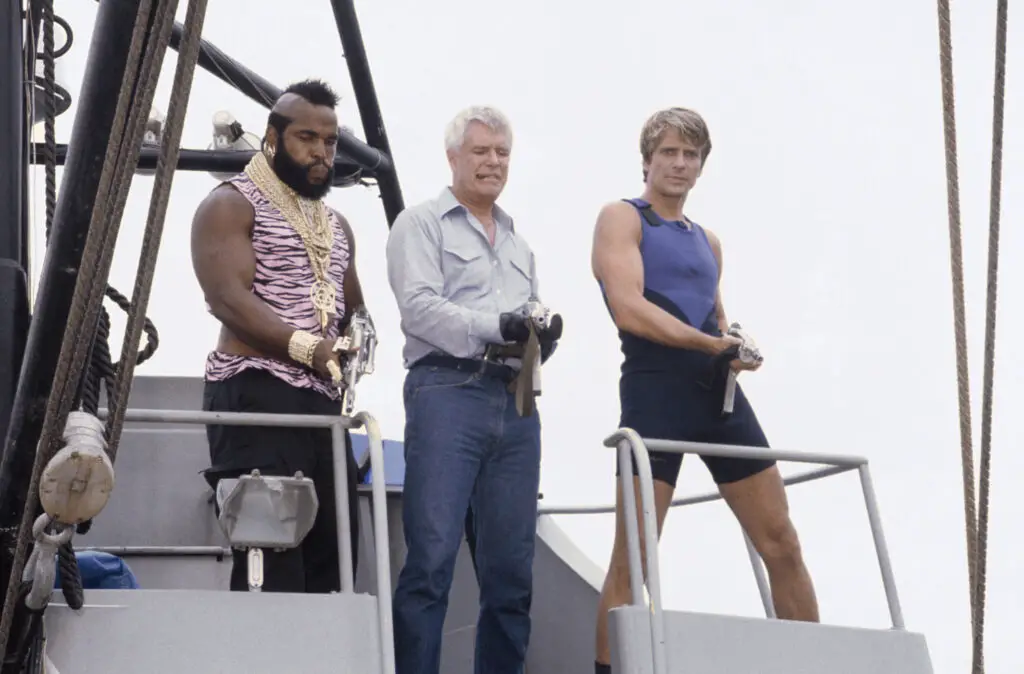
You probably remember The A-Team for its epic car flips, cigar-chomping Hannibal, and B.A. Baracus’s fear of flying. But in a two-part episode from Season 5, the show basically turned into Star Trek for a hot minute. The gang ends up at a high-tech facility and gets roped into a mission involving space weaponry and a top-secret satellite. It was less about helping the little guy and more about secret agents and lasers, which felt completely out of left field says Screen Rant.
By this point, the show had already been trying to retool itself with new characters and a more government-approved feel. But outer space? That’s where even loyal fans drew the line. It just didn’t fit the grounded (albeit over-the-top) action formula that made the show work. It was like they were trying to turn The A-Team into something it never was—and the result was just plain weird says Britannica.
2. Diff’rent Strokes Tackles Stranger Danger Way Too Literally
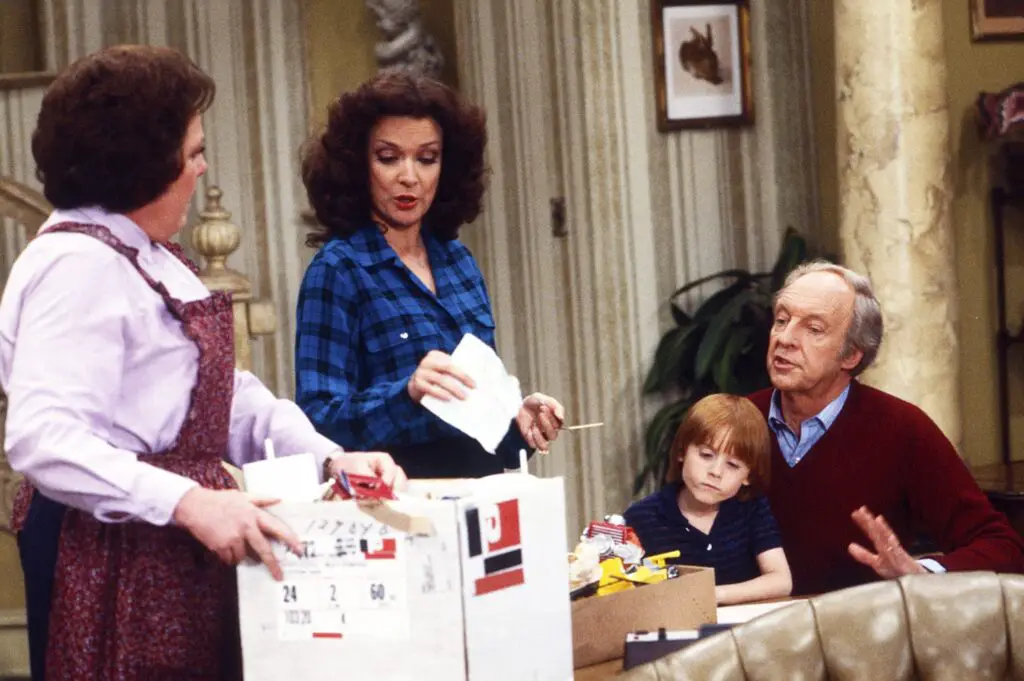
This show wasn’t afraid to go serious sometimes, but the infamous two-part “Bicycle Man” episode was jarringly intense. Arnold and his friend Dudley meet a seemingly nice bike shop owner who turns out to be a child predator, and the storyline gets very real, very fast explains InsideHook.
While it was meant as a public service and did raise awareness, it felt like the writers dropped viewers into a completely different show. One minute you’re laughing at Arnold’s sass, and the next you’re watching a man lure kids with cartoons and wine. The tonal whiplash was tough to reconcile. The episode had value, but it was so dark and abrupt that many fans felt thrown off. It’s still one of the most talked-about moments in TV history—for better or worse adds AV Club.
3. Happy Days Jumps the Shark—Literally
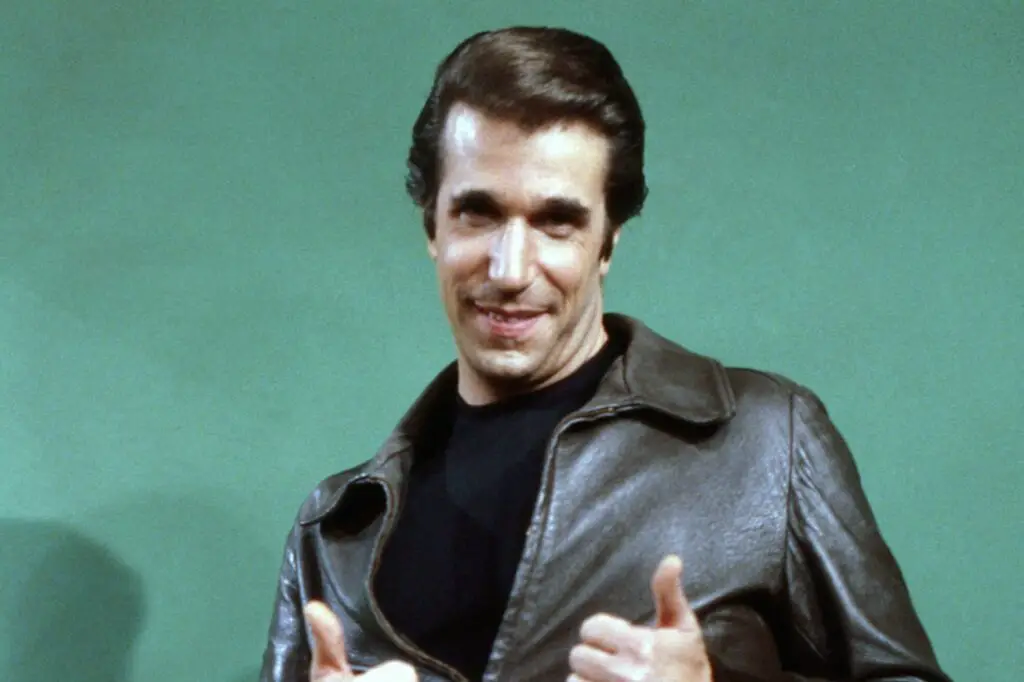
Yes, this is the show that gave us the actual phrase “jump the shark.” In Season 5, Fonzie gets on water skis, zips around a beach, and literally jumps over a shark. Wearing his leather jacket, of course shares TV Insider.
What started as a nostalgic sitcom about 1950s teen life suddenly turned into an action-adventure moment that made zero sense. It wasn’t just silly—it marked the point where the show started chasing stunts over story. Fans didn’t quite know what to make of it. You could practically hear the writers grasping at straws to keep things exciting, but it just felt forced. Still, it went down in pop culture history, even if it wasn’t for the best reason.
4. Dynasty Adds an Alien Abduction Dream

For a soap opera that prided itself on glamorous catfights and power plays, Dynasty took a truly bizarre detour in its final season. In what can only be described as a fever dream, Fallon Carrington is abducted by aliens—or at least, she thinks she is.
The storyline was so out of step with the rest of the series that fans didn’t know whether to laugh or change the channel. It was explained away later as a dream or psychological breakdown, but by then, the damage was done. The series had already been teetering on the edge of camp, but this pushed it into sci-fi territory it was never meant to enter. Viewers expecting oil tycoon drama and designer slap fights were left scratching their heads. It was a full-blown “what were they thinking?” moment.
5. The Facts of Life Goes to Paris for No Reason
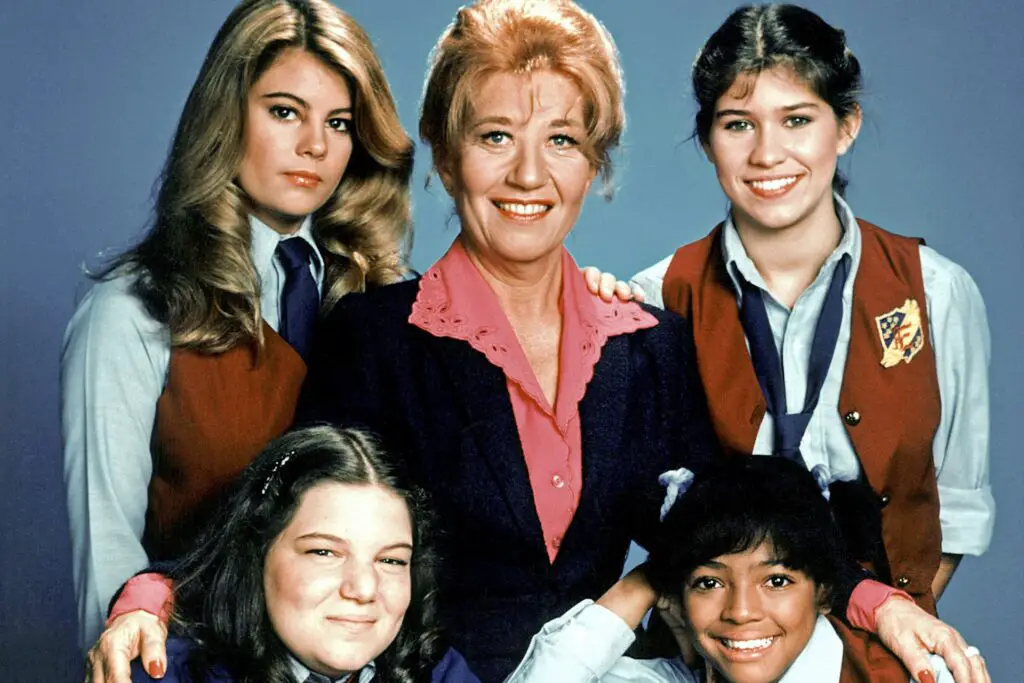
Suddenly whisking the girls off to France for a feature-length special felt like a strange flex. It aired as a TV movie between Seasons 4 and 5, and it was full of stereotypical “fish out of water” moments that felt more like a travel brochure than a meaningful plot.
You had the usual suspects—language mishaps, culture shock, and romance gone wrong—but it all felt like filler. Nothing in the special really mattered once the regular season picked up again. It was more like a vacation for the cast than a story for the viewers. That disconnect made the whole thing feel a little pointless. Fans loved the show for its grounded boarding school charm, not baguette gags and Eiffel Tower selfies.
6. Knight Rider Introduces KITT’s Evil Twin
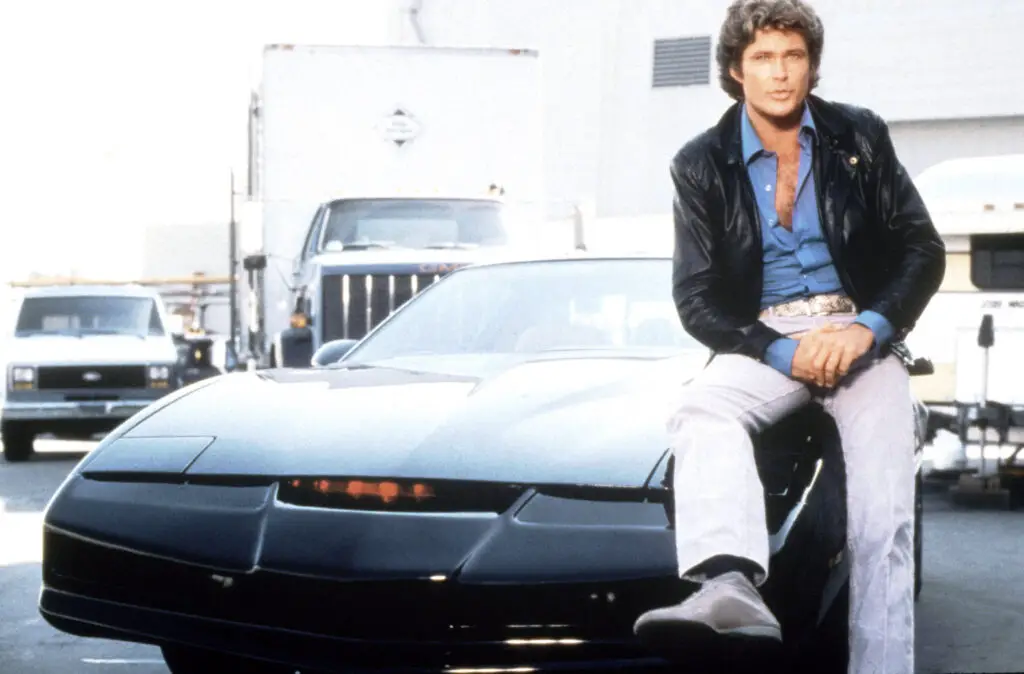
The idea of an evil twin is classic soap opera territory, but in Knight Rider, it showed up in the form of KARR—an evil version of KITT with a gold scanner bar. Sure, it made for a fun action sequence, but it also made you wonder just how far the show was willing to stretch its concept.
KITT was already a super-advanced talking car, and throwing in his vengeful brother-car took things from cool to cartoonish real fast. It was exciting, but also felt like the writers were running out of ideas. They didn’t just revisit KARR once—they brought him back again later, which only added to the ridiculousness. It became more about robot revenge than the original mission of fighting crime with a futuristic car and a morally sound hero. A little too much sci-fi, not enough substance.
7. Growing Pains Adopts a Random Kid (and Leonardo DiCaprio)

In its final season, Growing Pains made a hard pivot by introducing a troubled teen named Luke—played by none other than Leonardo DiCaprio. He was a homeless kid who suddenly became part of the Seaver family, and the whole thing felt shoehorned in.
While DiCaprio did a fine job, the move smacked of desperation to keep things fresh. Fans had grown to love the core family, and adding a new character that late in the game felt jarring. It disrupted the balance and made the show feel more like a spinoff than a continuation. Plus, most of the earlier emotional development was tossed aside to focus on the new guy. It just didn’t feel earned.
8. Murder, She Wrote Moves Jessica to New York and Changes Everything
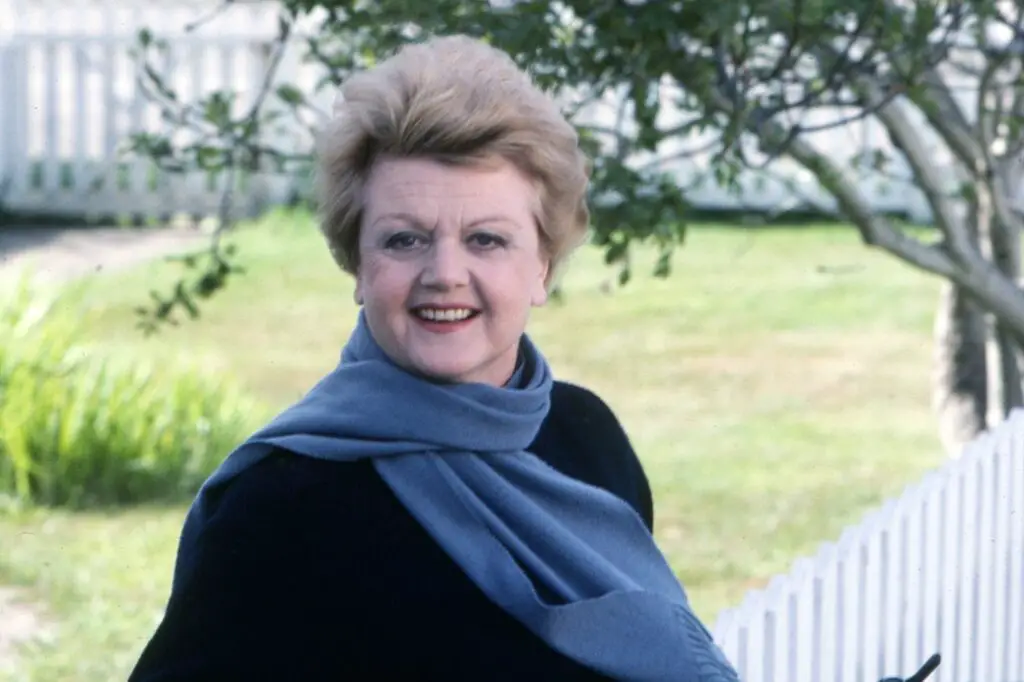
For a long time, Murder, She Wrote had a comfy rhythm: a cozy New England town, murder every week, and Jessica Fletcher solving the case with charm and intuition. Then they moved her to New York City, gave her a teaching job, and reworked the entire vibe.
Suddenly, there were fewer familiar faces, more guest stars, and a much colder tone. Fans who tuned in for the small-town coziness felt a bit betrayed. It lost some of that homey, Sunday-night magic and became more of a procedural. The cases still came, but the heart felt different. It was as if the producers didn’t trust the original formula anymore—and that shake-up didn’t sit well.
9. The Love Boat Gets a Supernatural Makeover

What started as a light romantic comedy on the high seas eventually leaned into some truly strange guest plots. Toward the later seasons, The Love Boat brought on psychics, ghosts, and even a storyline where a man thinks he’s aging backward.
The absurdity didn’t really match the earlier tone of flirtation, champagne, and mild misunderstandings. Instead of love triangles and heartfelt resolutions, we got Twilight Zone-level plots. The ship’s charm was supposed to be its predictability and romance—not time travel and spooky twists. These changes made it feel like the writers were tossing in anything to spice up the voyage. Unfortunately, they lost the thread of what made the show work in the first place.
10. Family Ties Goes Full-On Soap With Alex’s Tragic Love Story
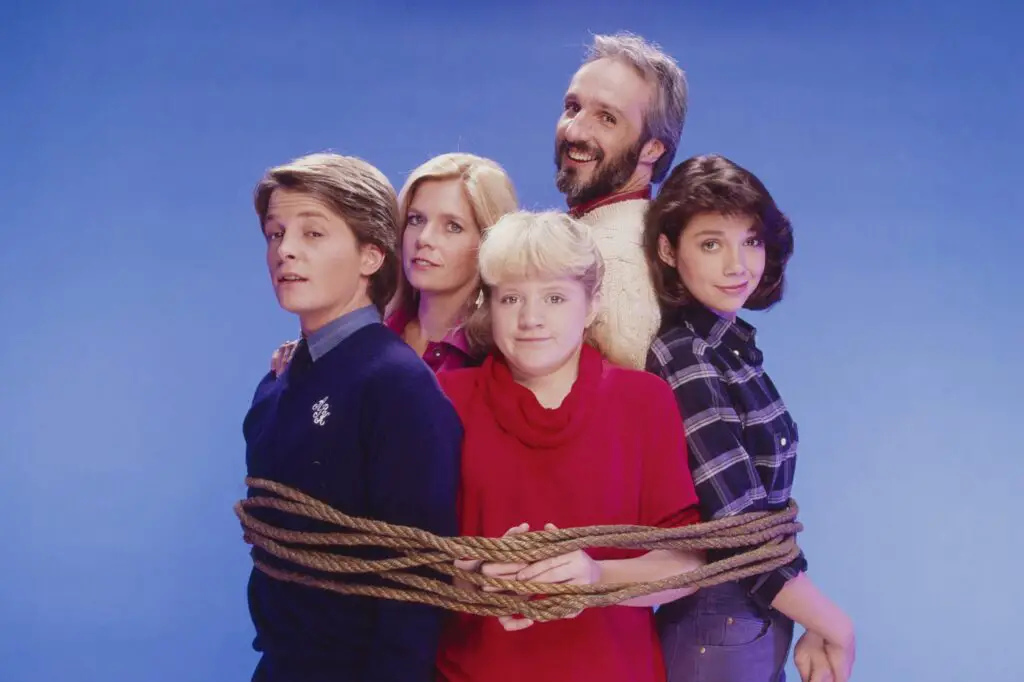
Alex P. Keaton was known for his buttoned-up, Reagan-loving charm, so when the show gave him a dramatic multi-episode arc about the death of his girlfriend Ellen’s brother, it felt like a shift. It culminated in the much-talked-about “A, My Name Is Alex” episode, where he goes to therapy and questions everything.
It was ambitious and even won awards, but it completely broke from the usual family comedy style. The episode featured a black-box stage, monologues, and surreal flashbacks. It was powerful, but it felt like it belonged in a different series. The lack of humor and sudden gravitas threw many fans off. It was brave, but also baffling.
11. ALF Ends in a Cliffhanger That Never Got Resolved
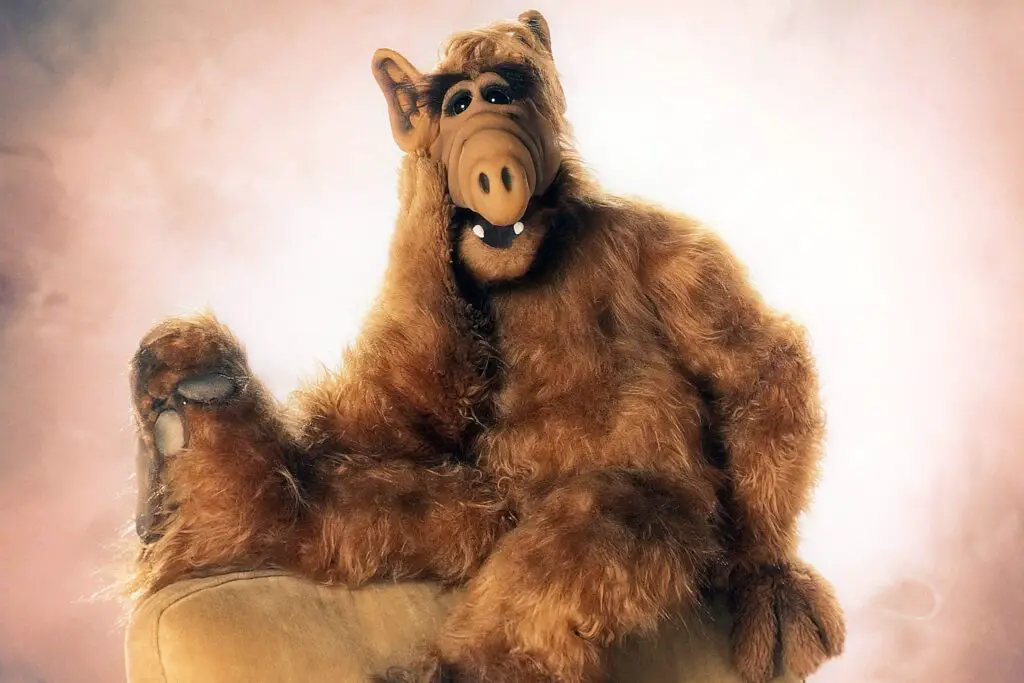
If you stuck with ALF until the bitter end, you know the finale was…rough. Instead of a heartwarming goodbye, ALF is captured by the Alien Task Force and presumably dissected. That’s how it ends. No reunion, no rescue, just doom.
It was a dark and abrupt way to close out what was mostly a silly family comedy. Fans were left completely in the lurch, and the planned resolution never came because the show was canceled. A made-for-TV movie tried to clean things up years later, but it wasn’t the same. The whole thing felt like an emotional bait-and-switch, and for a show built on laughs, that was a tough pill to swallow.
12. Charles in Charge Gets a Whole New Family

In one of the strangest format switches of the ’80s, Charles in Charge ditched the Pembroke family after Season 1 and replaced them with the Powells. Same house, same job for Charles—just an entirely new set of kids.
There was no real explanation, and the change made the show feel like it had rebooted itself midstream. It was confusing for fans who had gotten attached to the original cast. Charles was still charming, but the sudden shift gave off serious identity crisis vibes. It was like moving into a new home but pretending nothing had changed. And while it somehow worked in syndication, it was definitely a “wait, what just happened?” moment for regular viewers.
